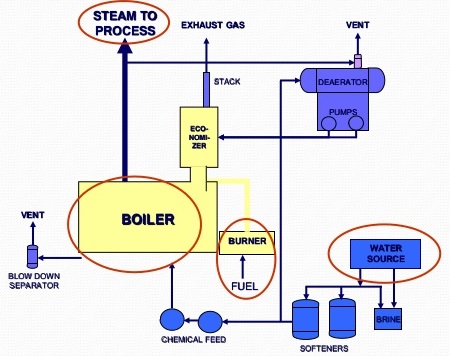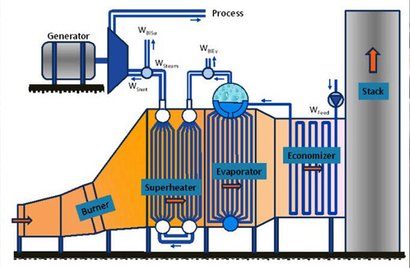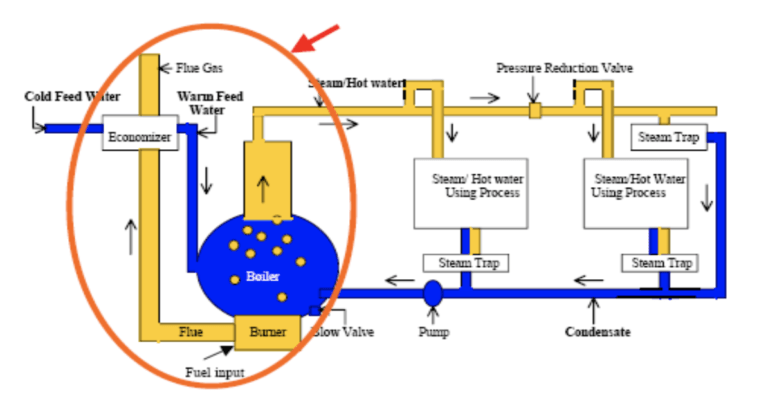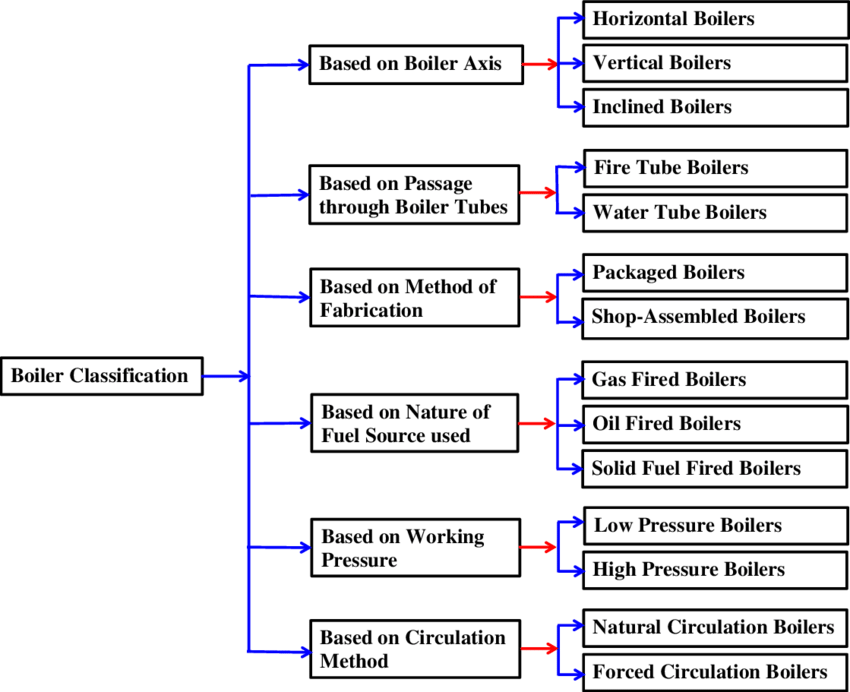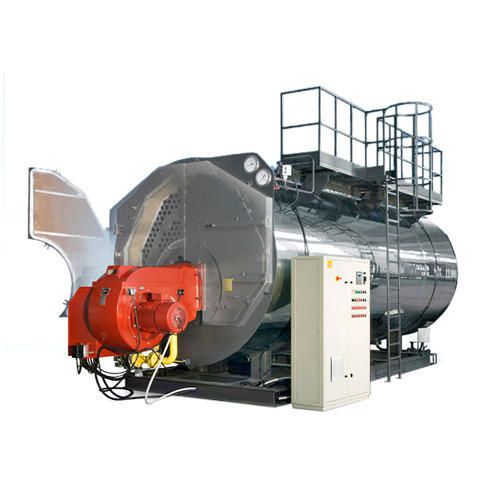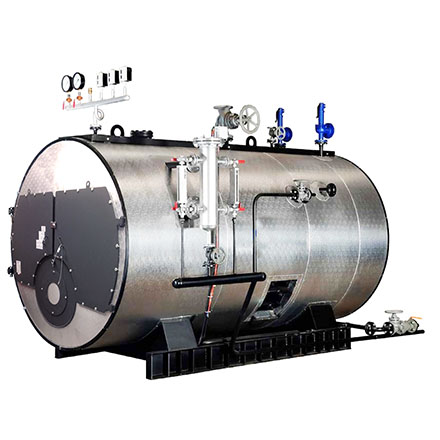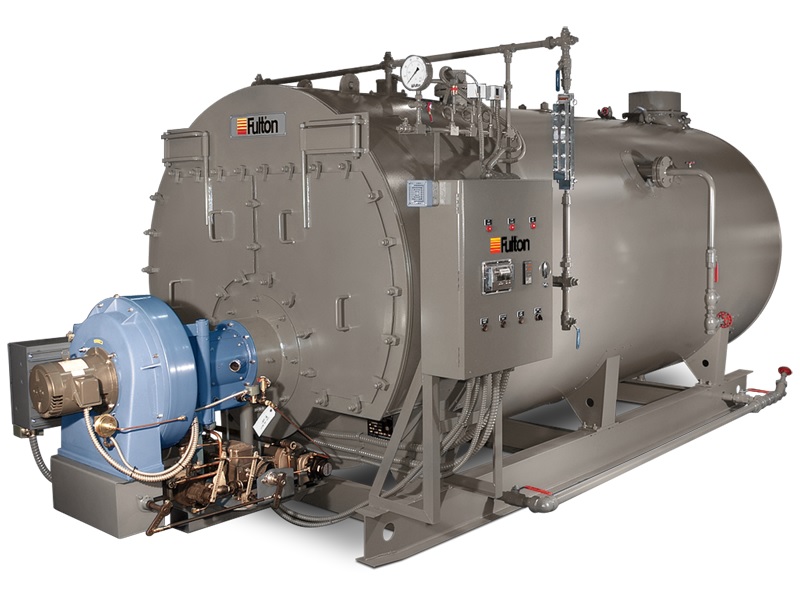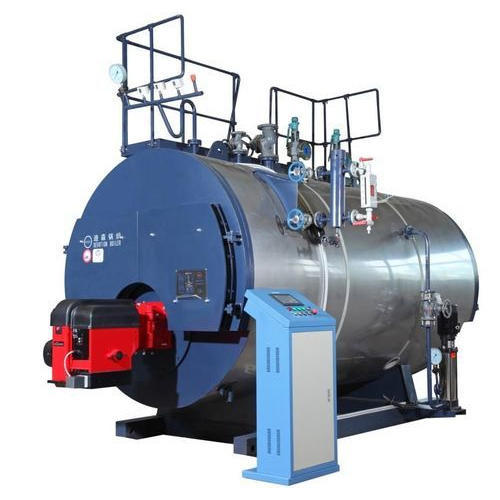Firstly, What is a Boiler?
Before we begin with all the uses of the boiler, let’s define what a boiler is and how it works.
A Boiler is a closed vessel in which water or other suitable liquid is heated to generate steam or vapour.The steam/vapour is then exited and is used for various purposes like heating applications (water heating, central heating), boiler based power generation or even for cooking and other purposes which could be domestic or industrial.
It basically follows the concept of a pressure cooker but in a bigger way. The boiler concept is used across places from domestic purposes to industrial activities. The fluid is generally incorporated into a system and it works to provide steam through connecting combustion products and the water.
There are many types of boilers based on their uses. While domestic boilers are small and are used for daily household chores, the industrial boilers today play a magnanimous role in the production process.
Industrial boilers can also be environment friendly if the fuel used is natural gas or other types of non-harming fuels. They not only deliver the desired performance but also help industries to keep a check on the toxic emissions that are harming the environment in the worst possible way.
For centuries we have been using boilers in various forms to heat water or to produce steam. Household boilers and Industrial boilers though have different purposes, but the operational aspect is similar. Good Industrial Boilers are known for their energy efficiency and massive heat production that has the capability of running your production processes. From steam-powered locomotives to external combustion engines to power plants, for various purposes, industrial boilers are used.
Heat is vital for life. Without it, we cannot sustain. From cooking to styling your hair, we need heat for almost everything. Our pressure cookers can explain the basic concept of steam boilers where steam is pressurised and used for cooking. Heat energy also reduces the reliance on fossil fuels like petrol, diesel and more.
Ever thought of enhancing your production efficiency without wasting money on electric energy? Did you know Industrial Boilers are powering many industries? Did you know Industrial Boilers are of various types and have different utilities? If not, here’s everything that you must understand about Industrial Boilers.
The importance of Industrial Boilers is not unknown to manufacturing companies. They use industrial boilers for their many advantages; one of them is saving the cost of using electric energy for the entire process. Electric power becomes extremely expensive if used on a large scale, but Industrial Boilers help in keeping the extra expense in check. Boilers offer maximum efficiency and minimum menace like fewer hassles of handling and depending on electric energy.


